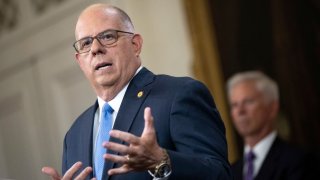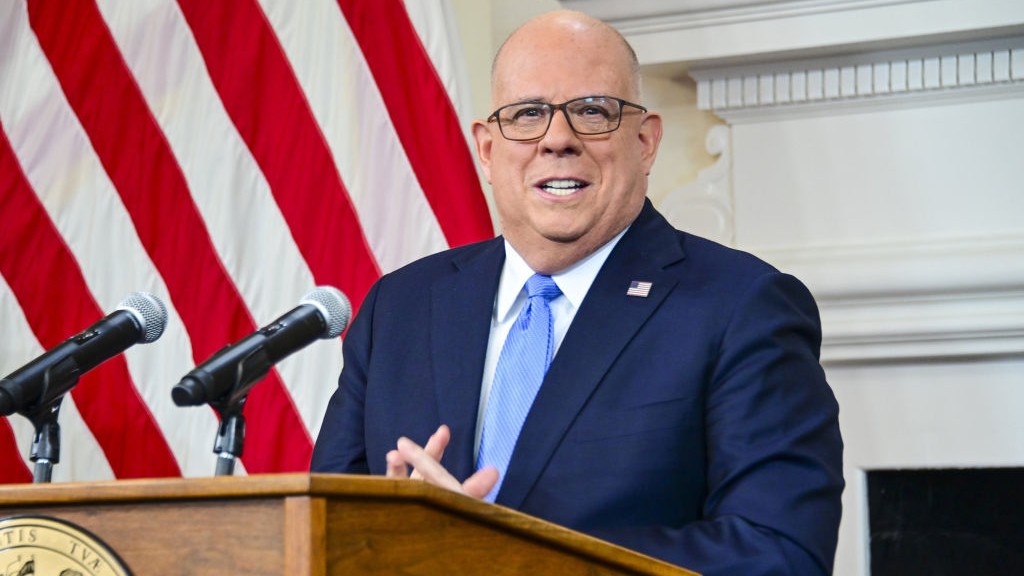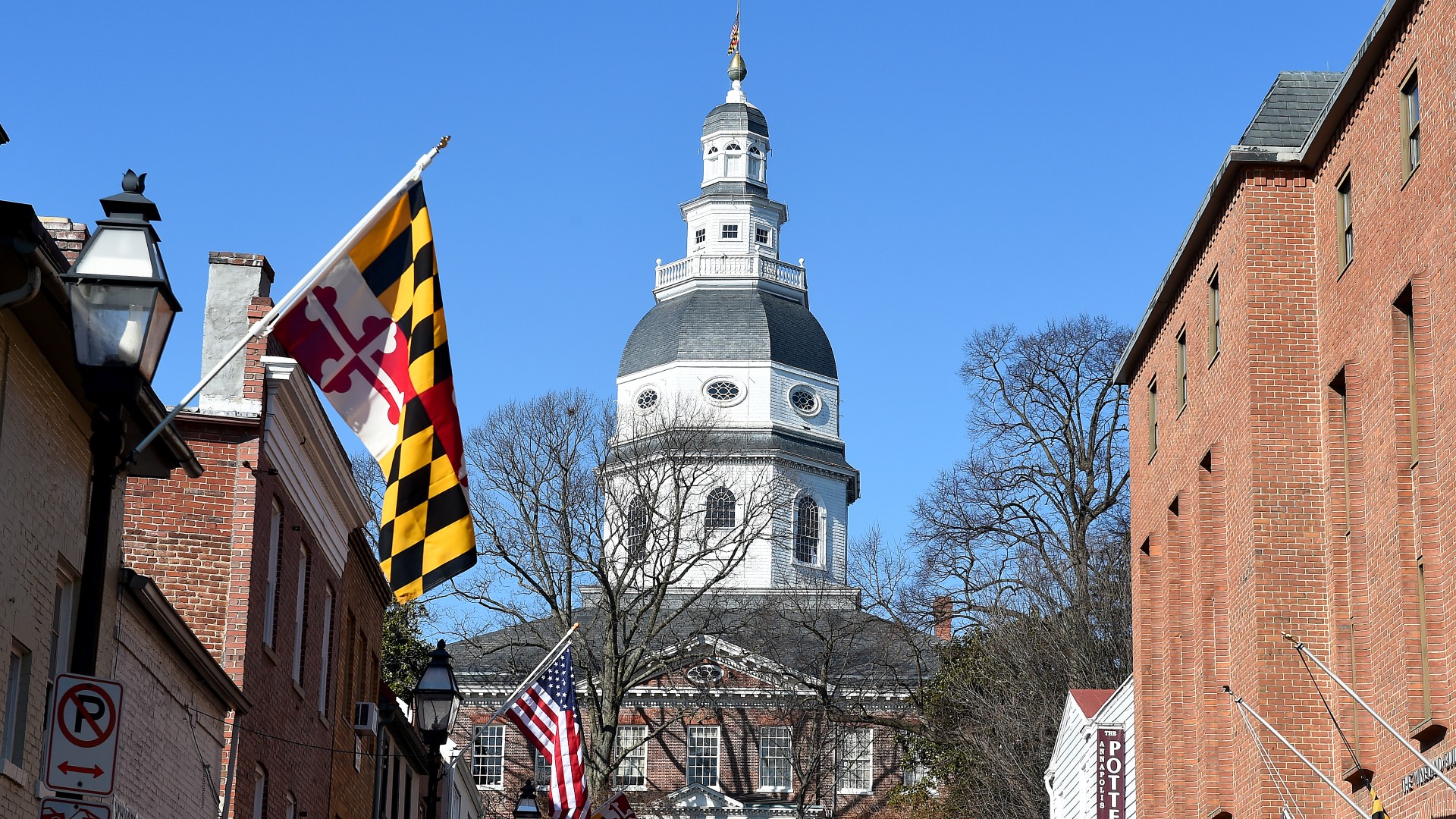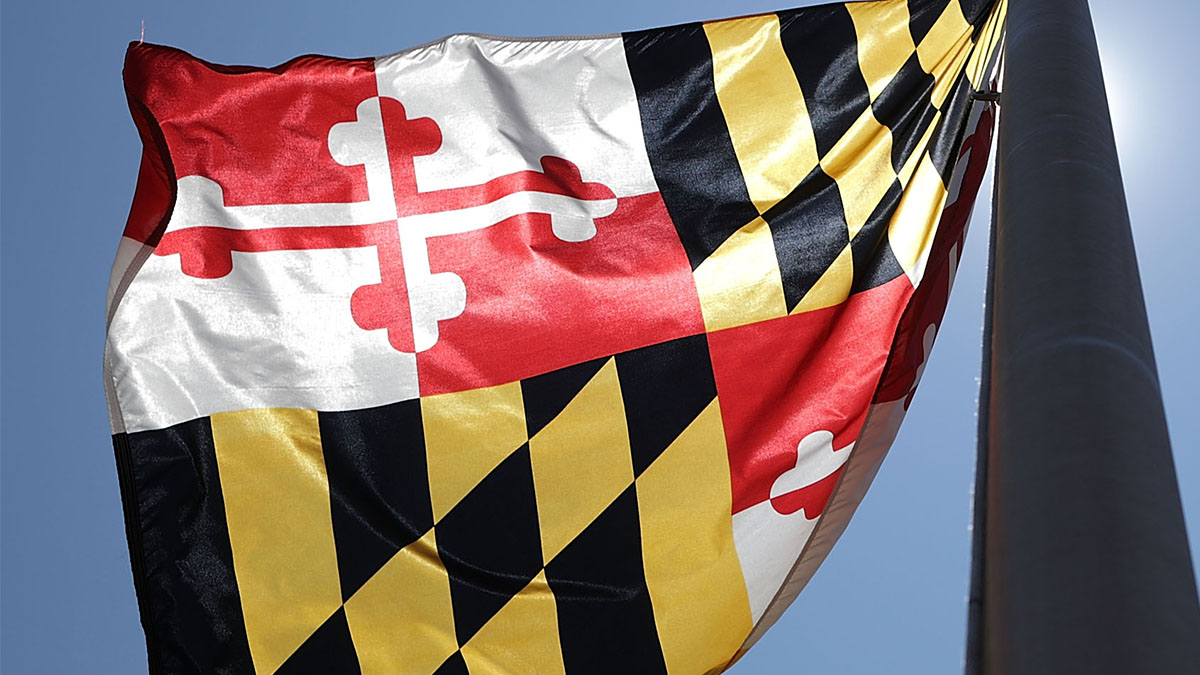
Maryland Gov. Larry Hogan and leaders in the legislature have reached a $1.86 billion agreement for tax relief over five years for retirees, small businesses and low-income families, officials announced Monday.
When combined with a recently enacted gas tax suspension, the governor's office said this legislative session will deliver nearly $2 billion in tax relief. The Republican governor called the bipartisan deal "the largest tax cut package in state history with major and long-overdue relief for Maryland’s retirees.”
“This agreement will deliver on our promise to provide real, long-term relief for hard-working Marylanders dealing with inflation and higher prices, and help create more jobs and more opportunity to continue our strong recovery," Hogan said.
We're making it easier for you to find stories that matter with our new newsletter — The 4Front. Sign up here and get news that is important for you to your inbox.
The tax relief agreement comes at a time when the state has billions of dollars in surplus that has resulted from enormous federal aid to address the COVID-19 pandemic. The state started the session in January with about $4.6 billion in surplus, and the amount grew even higher as officials revised revenue estimates earlier this month.
The agreement includes tax relief for retirees 65 and older making up to $100,000 in retirement income, and married couples making up to $150,000 in retirement income. Under the deal, 80% of Maryland retirees will get substantial tax relief or pay no state income taxes at all, the governor’s office said. It comprises about $1.55 billion of the overall agreement.
The plan includes the Work Opportunity Tax Credit to incentivize employers and businesses to hire and retain workers from underserved communities that have faced significant barriers to employment.
The agreement also includes sales tax exemptions for child care products such as diapers, car seats, and baby bottles, as well as critical health products such as dental hygiene products, diabetic care products, and medical devices.
Senate President Bill Ferguson and House Speaker Adrienne Jones, who are both Democrats, also praised the bipartisan nature of the agreement.
“The last two years of the pandemic have shown the cracks in our state’s civic infrastructure,” Ferguson, of Baltimore, said. “As I’ve said since the beginning of the 2022 legislative session, everything we do must prioritize our state’s economy and the health of our residents."
Jones, of Baltimore County, said the House started the session with the goal of helping Marylanders left behind in the post-pandemic recovery.
“This bipartisan agreement helps hundreds of thousands of seniors on fixed incomes who are struggling with inflation and puts families on a stronger footing as they buy necessities and pay for child care or college,” Jones said in a statement. "The significant increase in capital spending, coupled with the Work Opportunity Tax Credit, will help Maryland businesses put more chronically unemployed Marylanders back to work.”
The agreement also makes a one-time $800 million investment in the state's sweeping education reform plan known as the Blueprint for Maryland’s Future. It also will maintain a record level of funding in the state's Rainy Day Fund.
The agreement also makes investments to support public safety and victims of crime and the state's health system by supporting hospitals, nursing homes and assisted living facilities. It also includes funding to expand access to child care and protect against growing cyber security threats.
Hogan and the legislature's presiding officers plan to hold a bill signing ceremony later this week.




